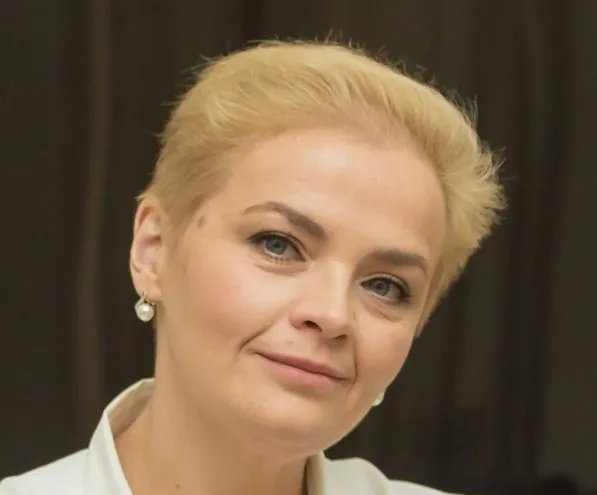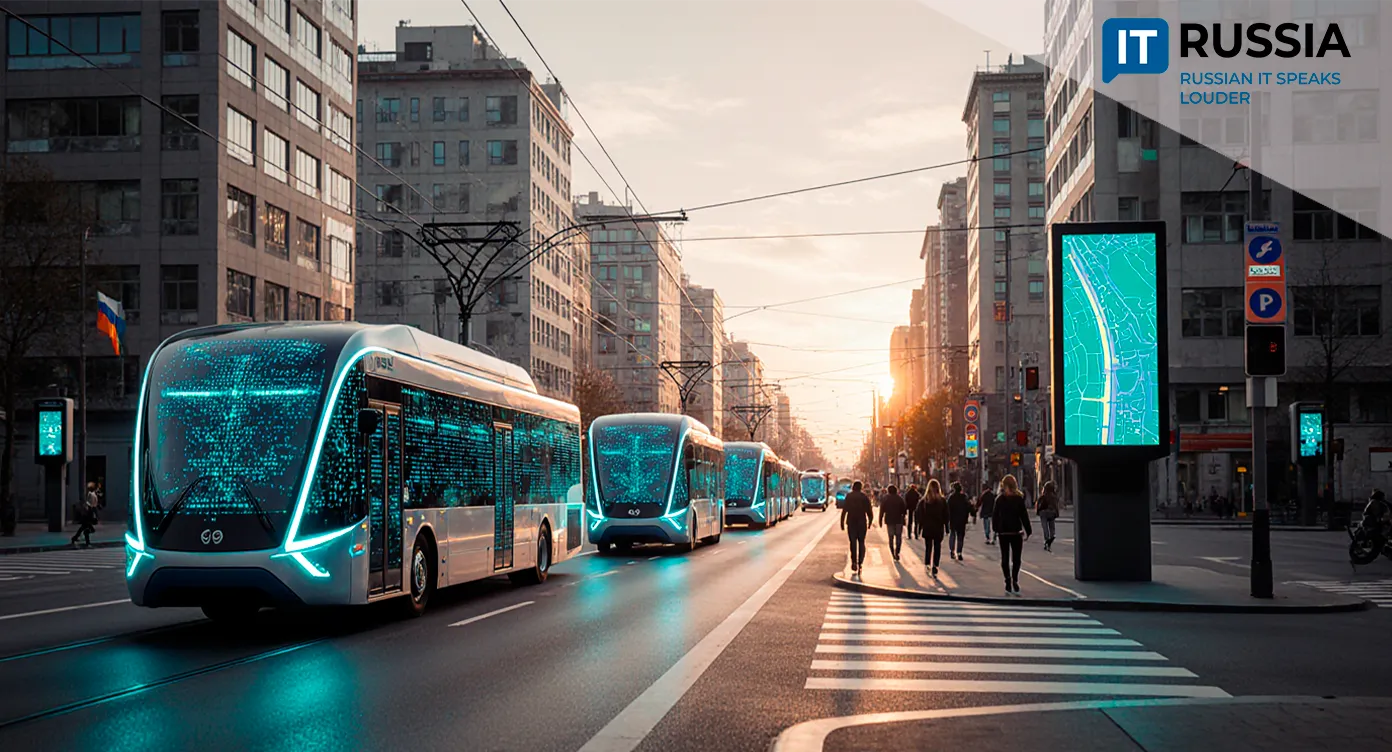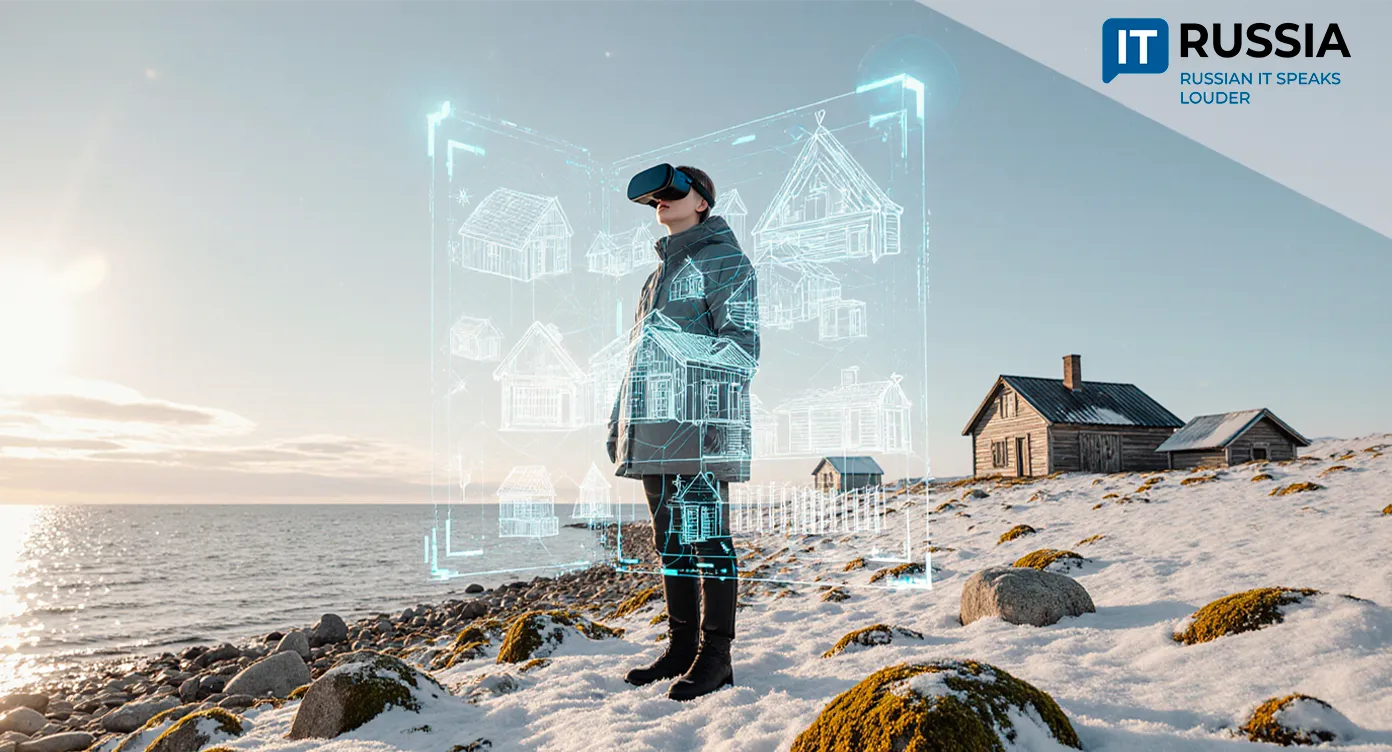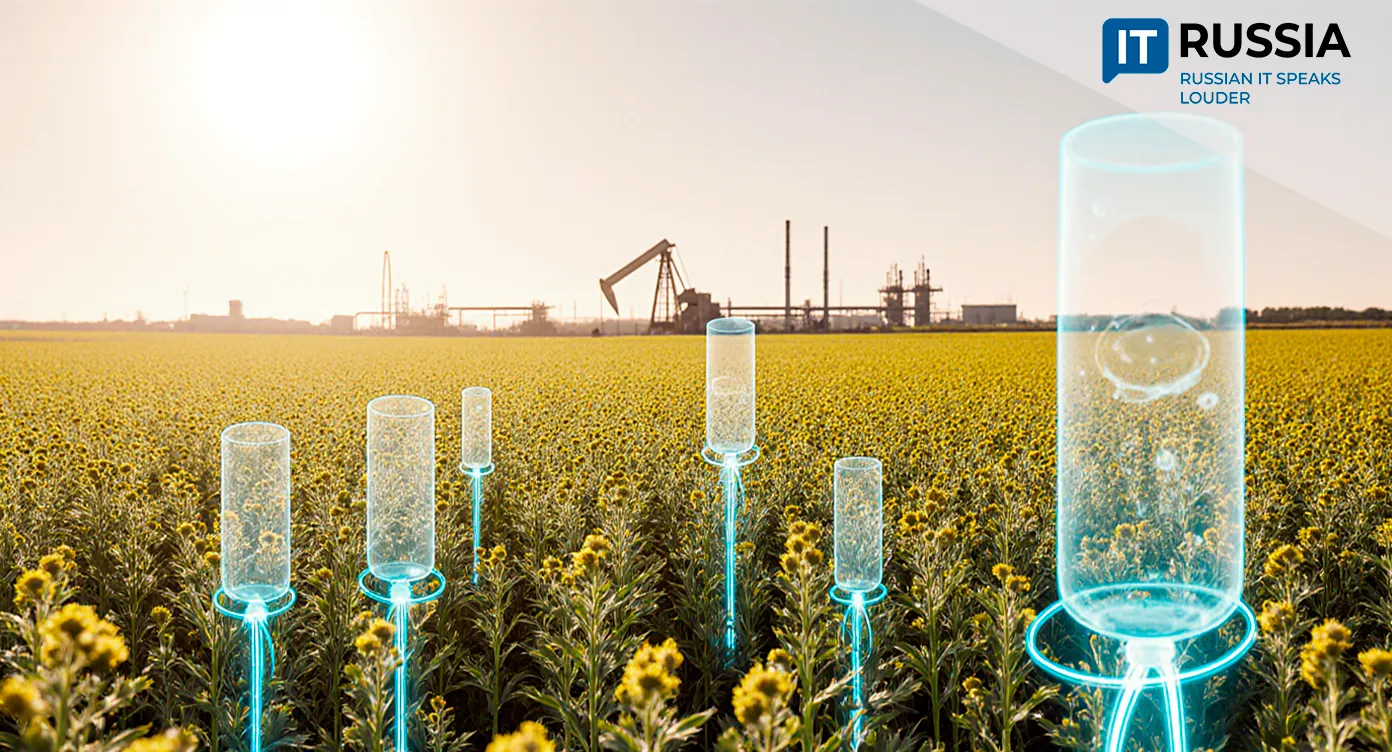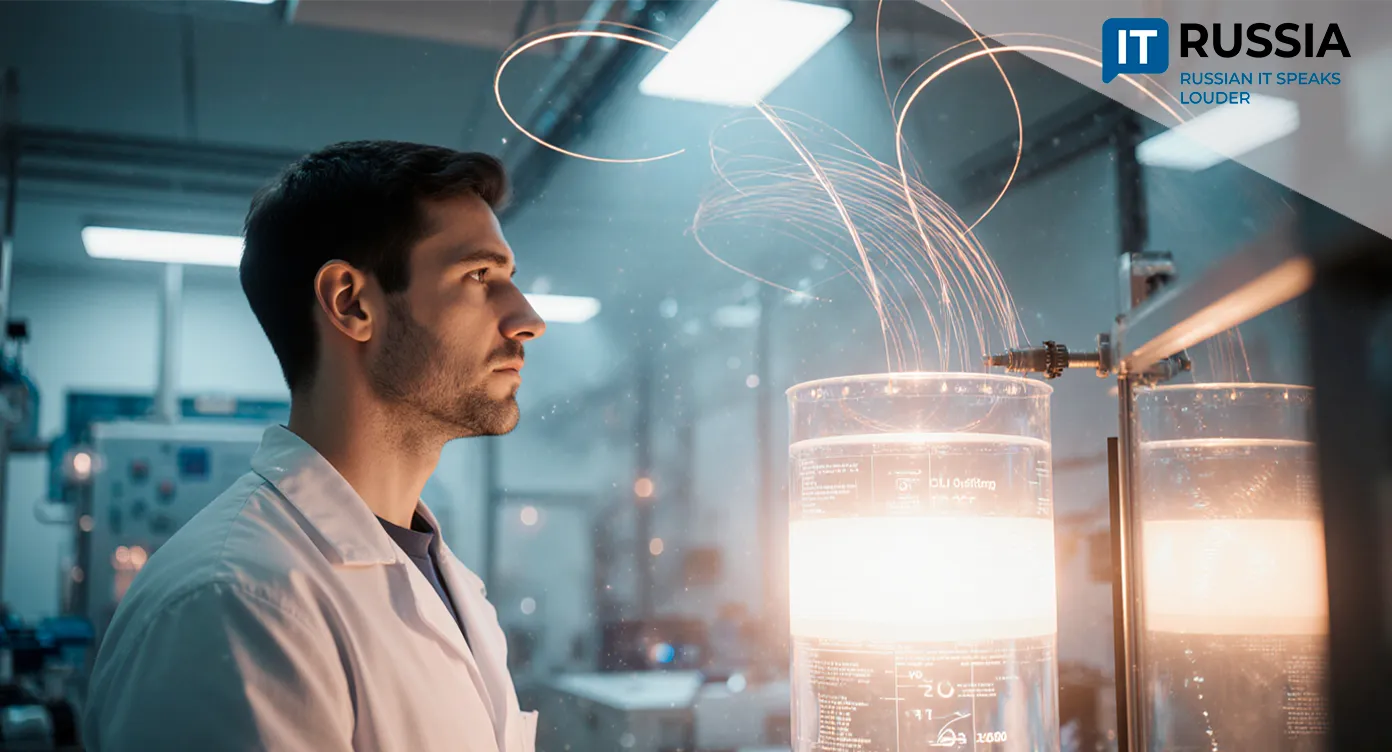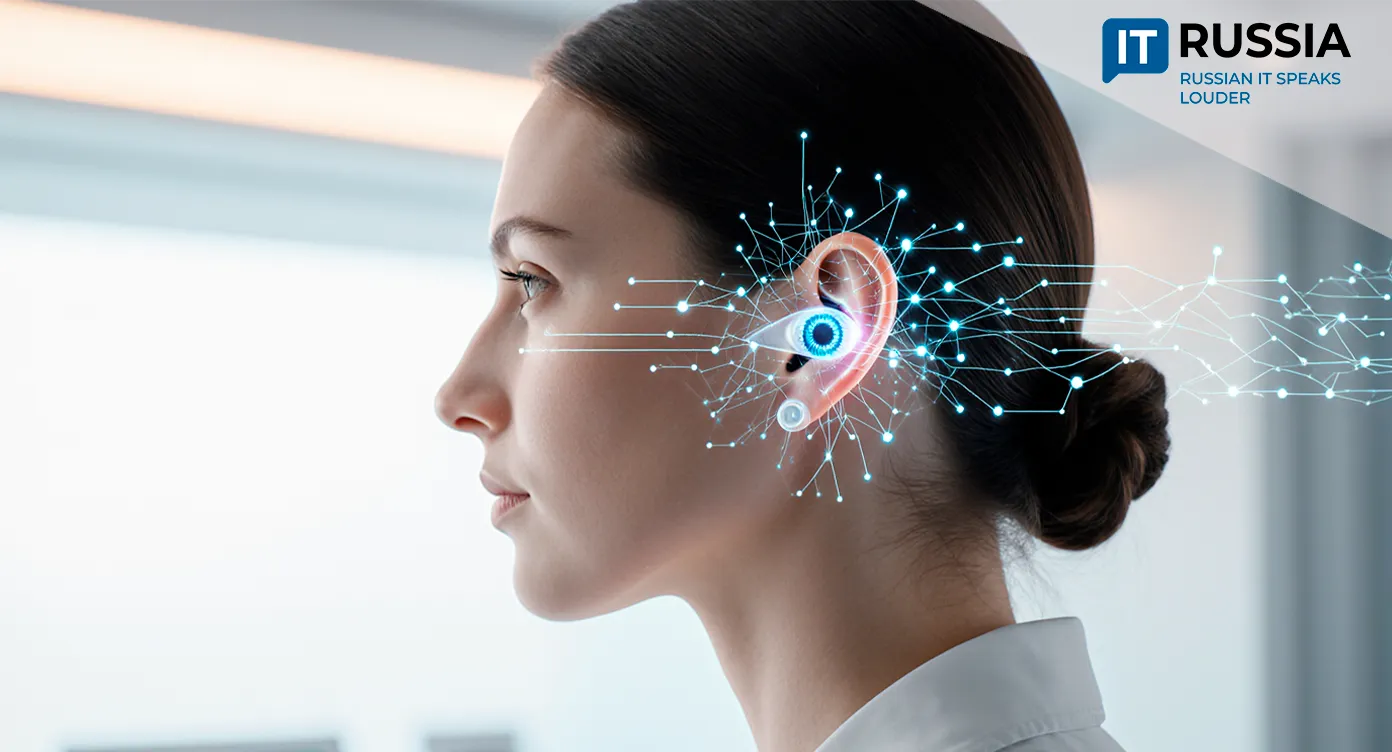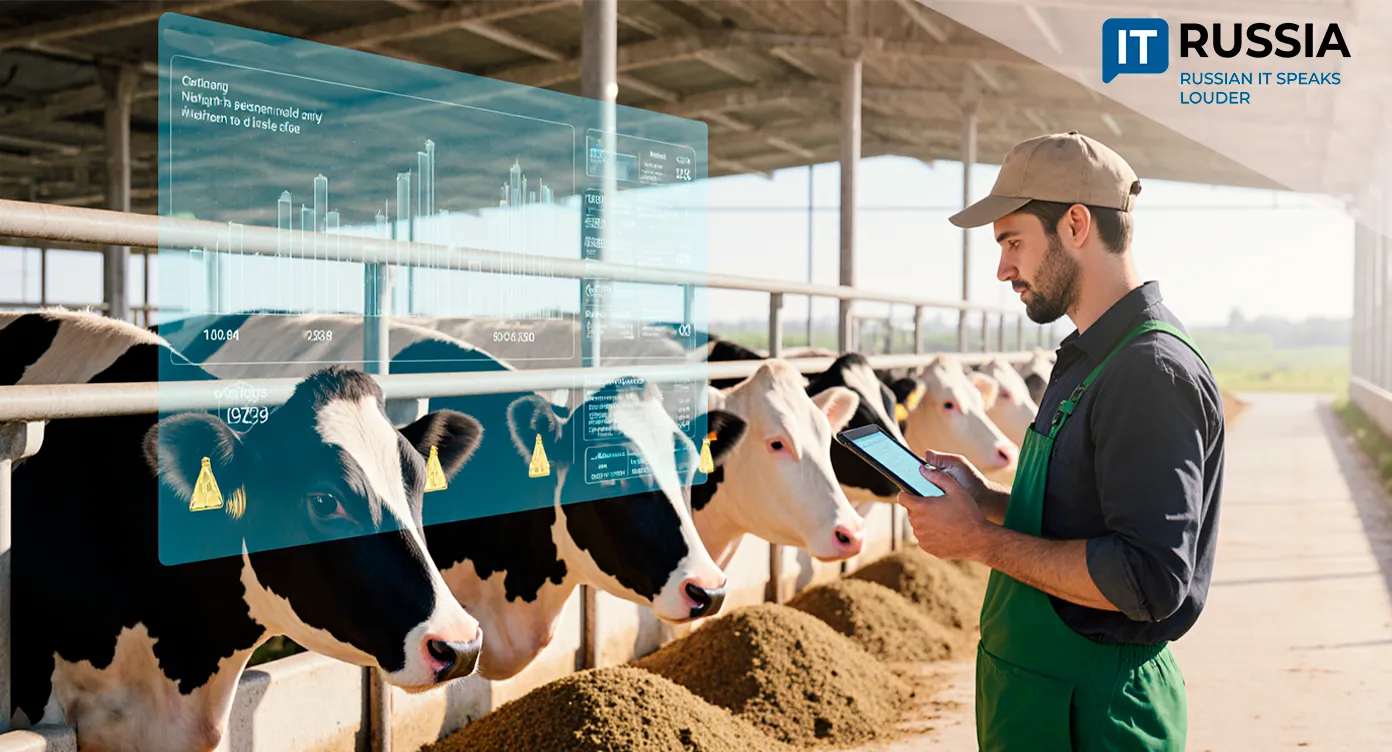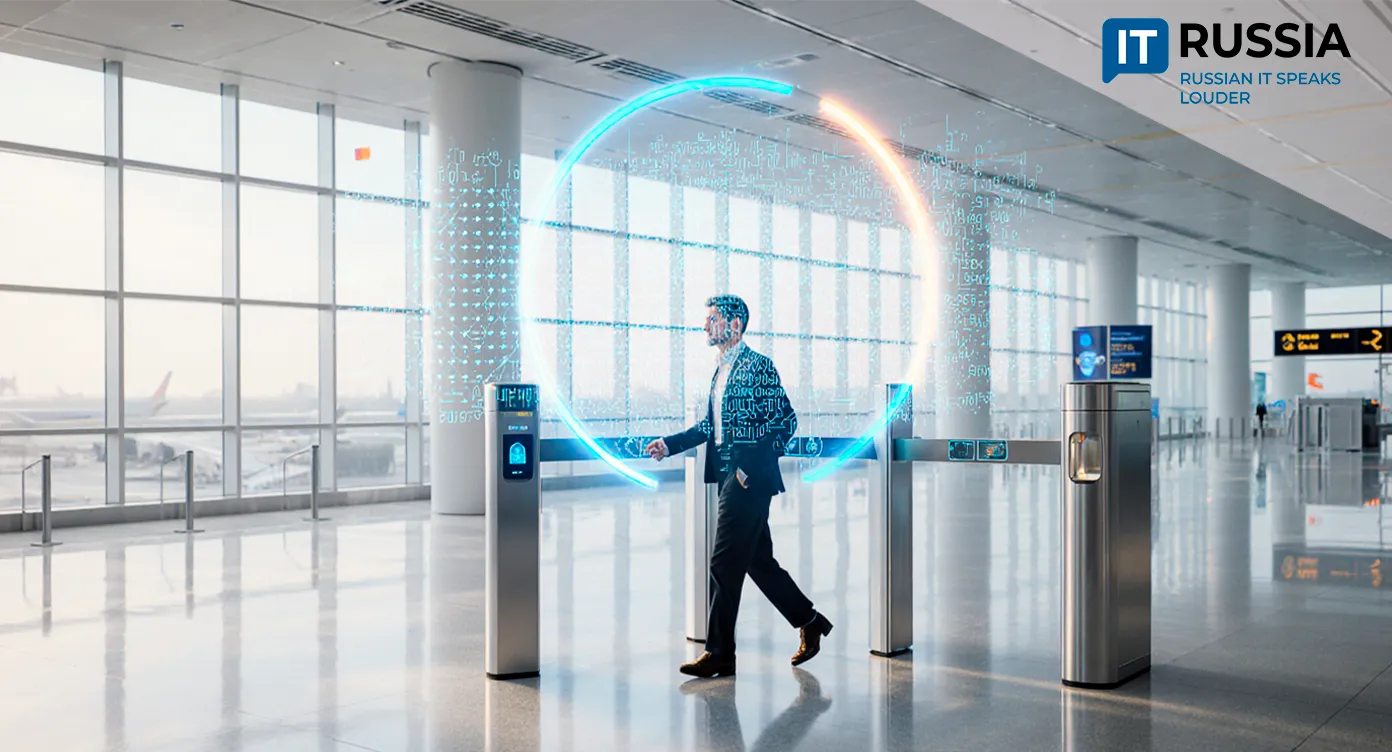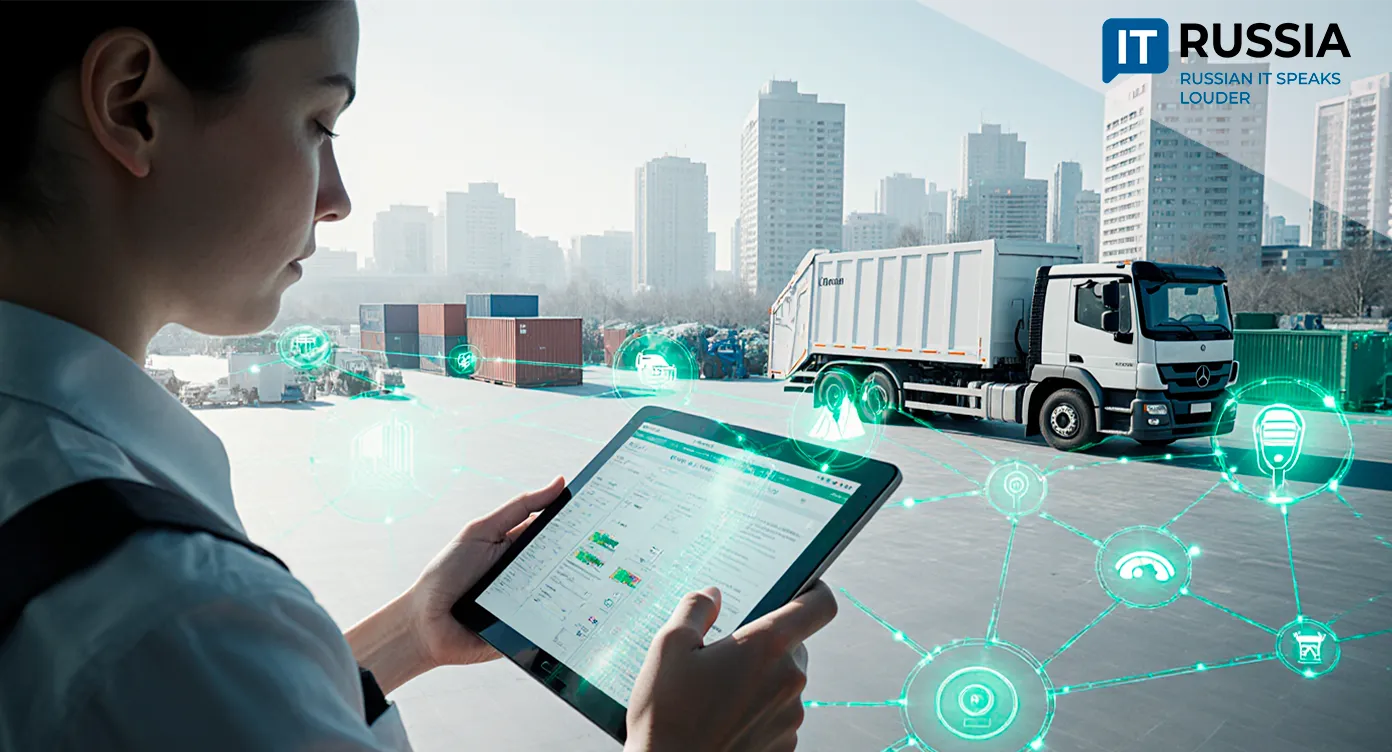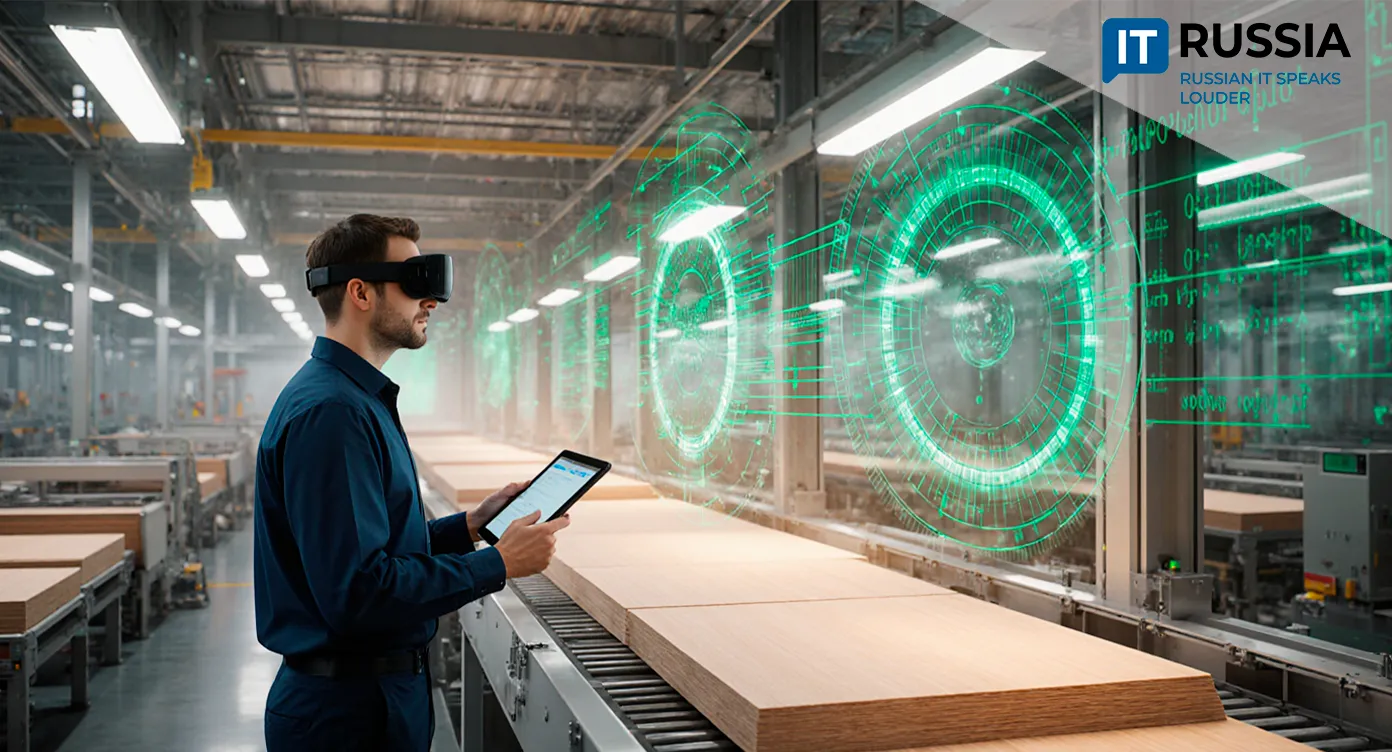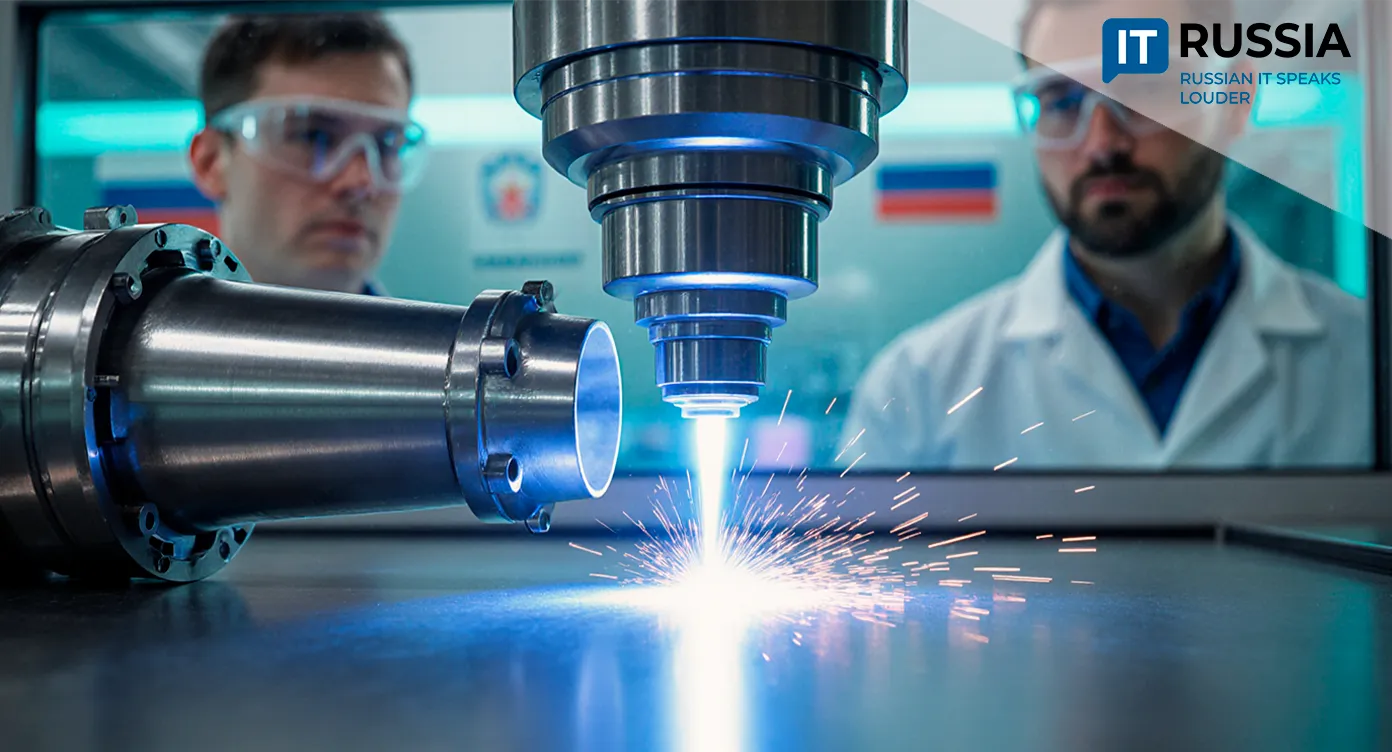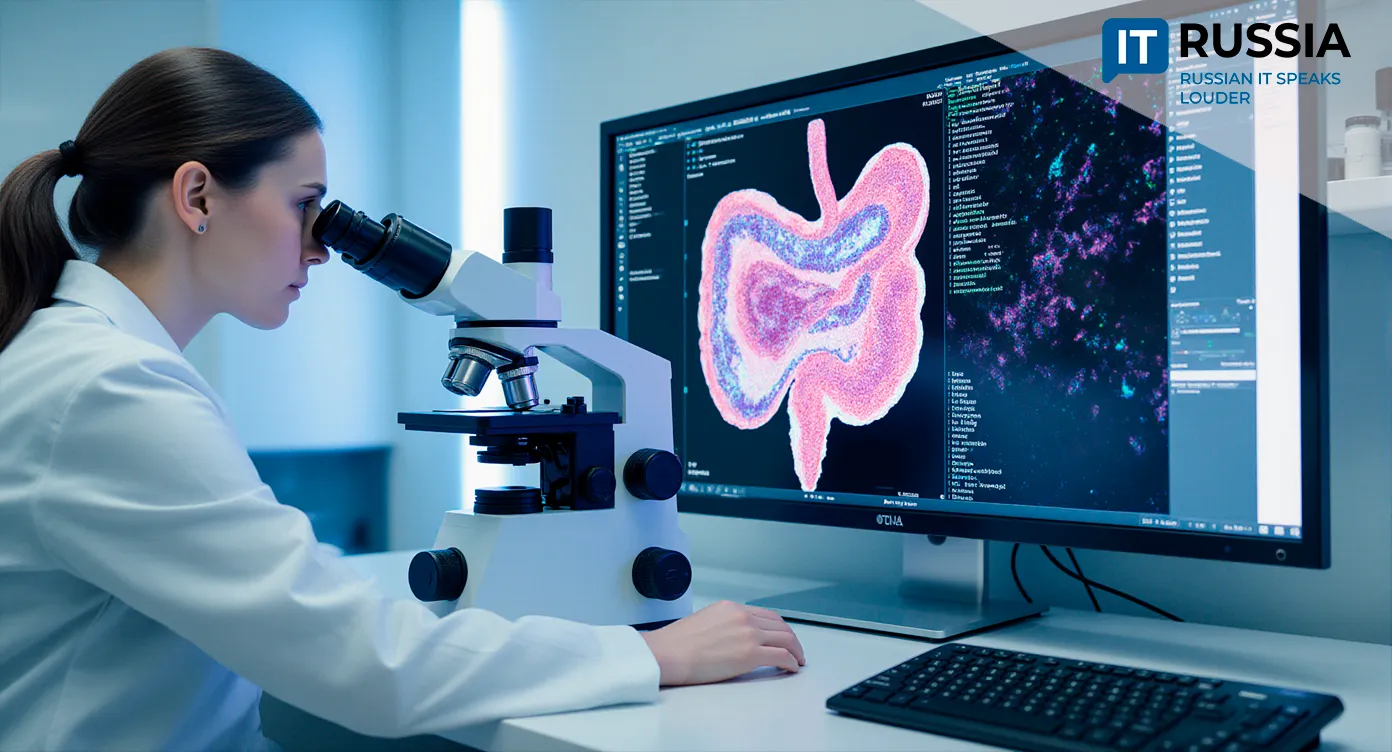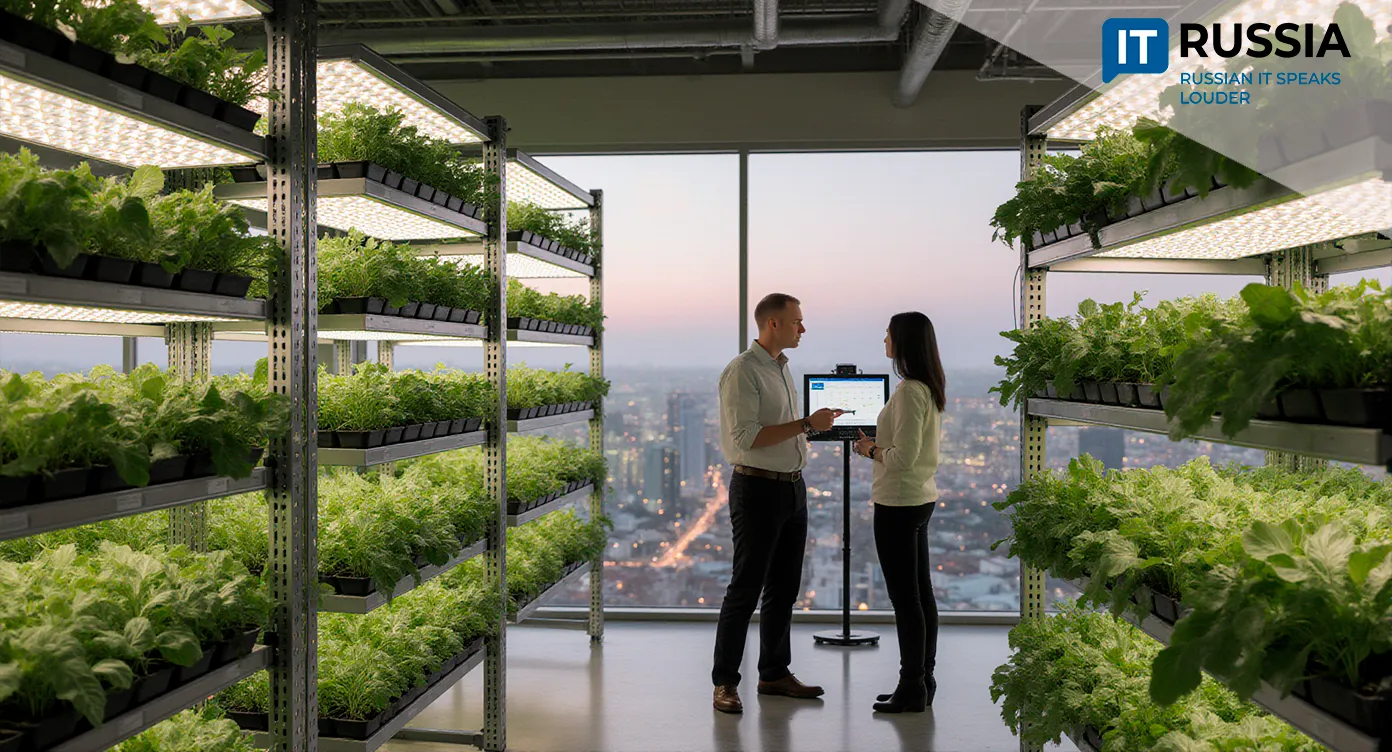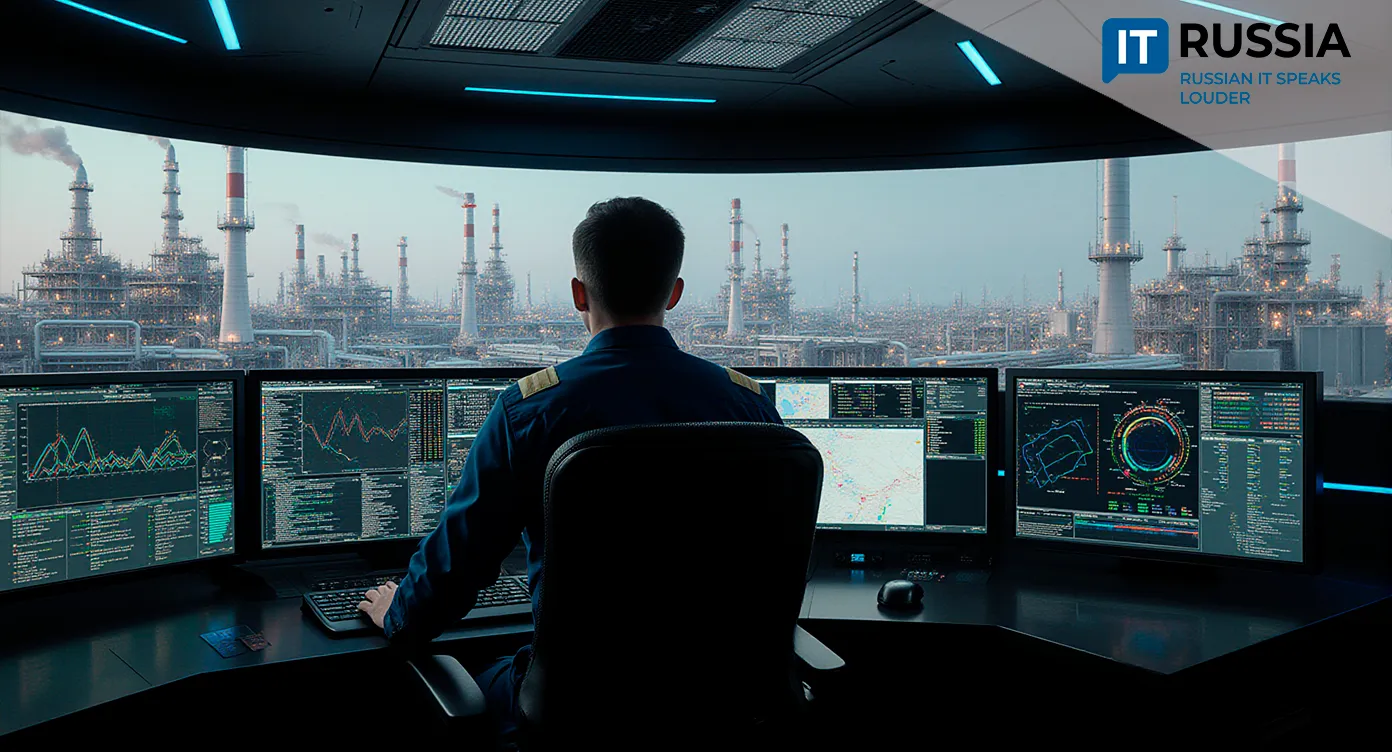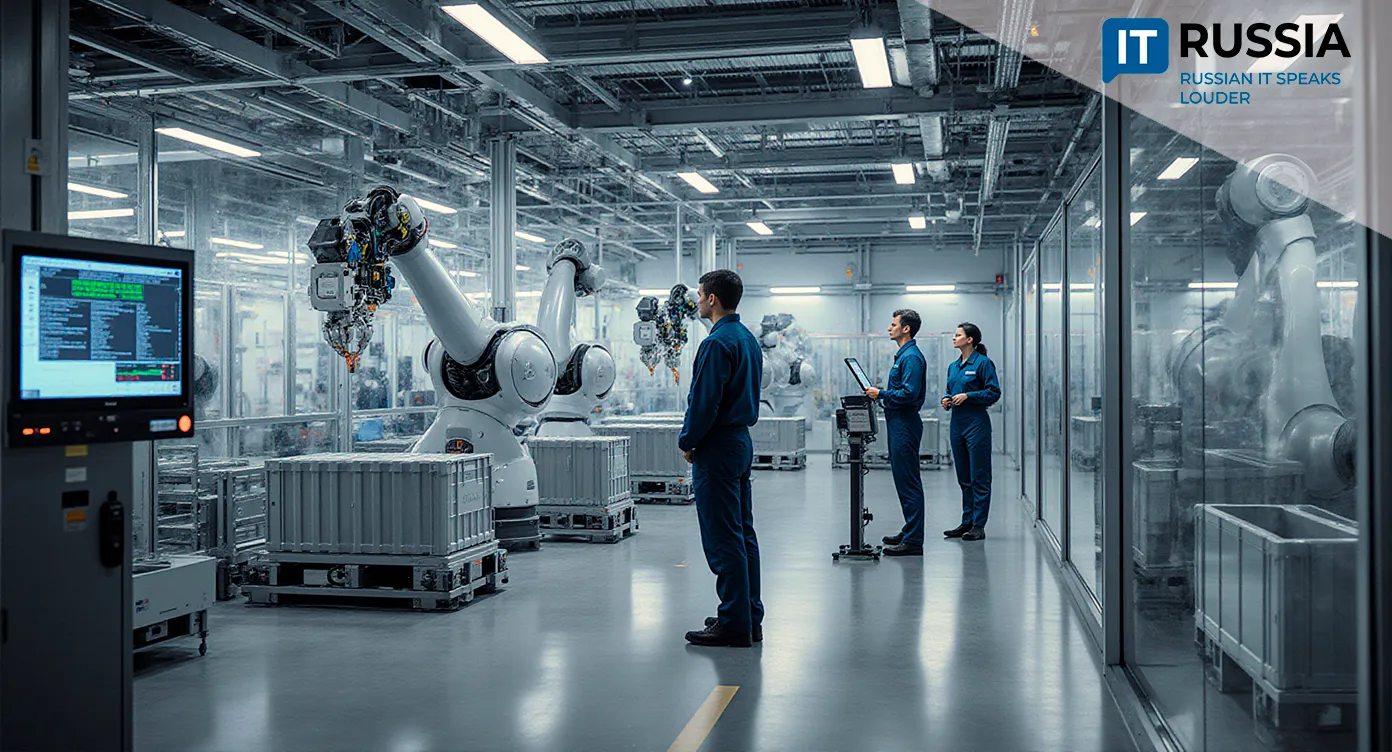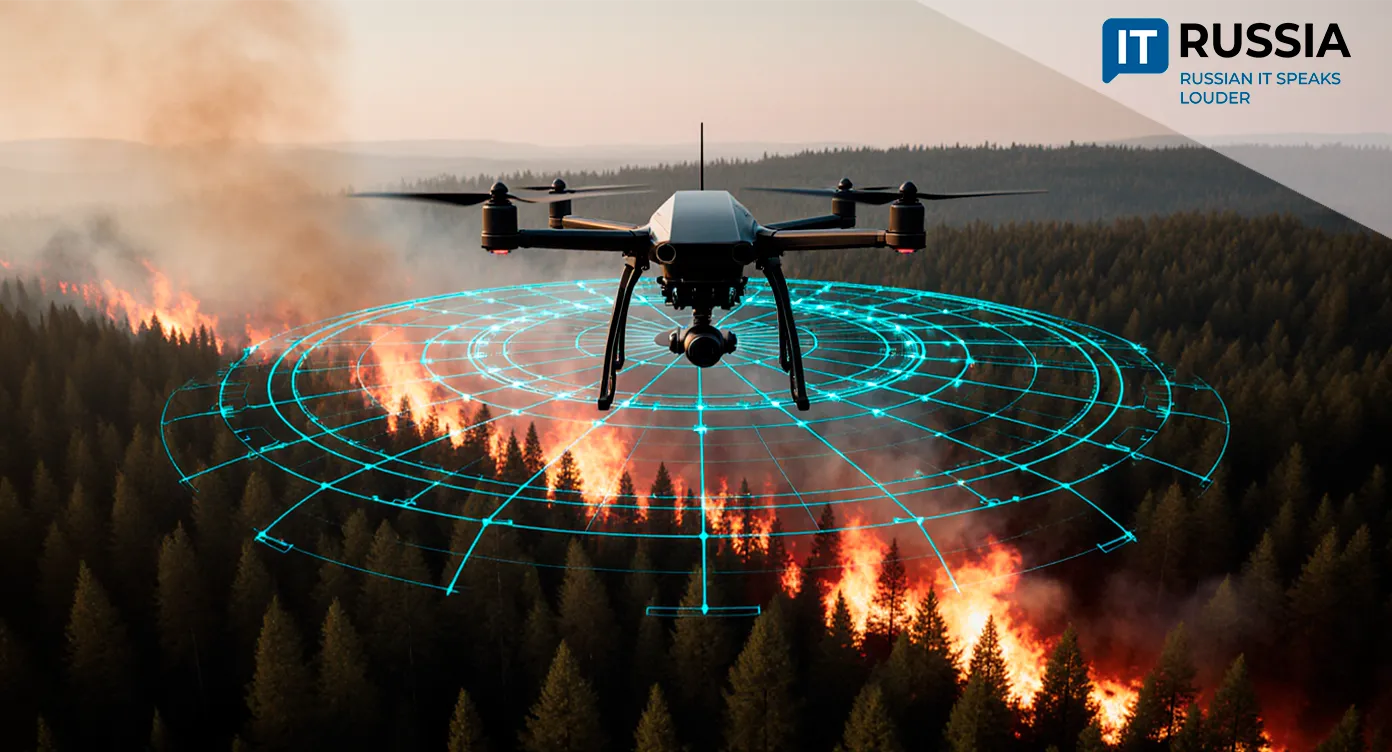Smart Growth: AGROSILA Transforms Its Business Through Digitalization
One of Russia’s largest agricultural holdings, AGROSILA, has launched a new phase of business modernization, implementing comprehensive digital solutions across all areas of production.
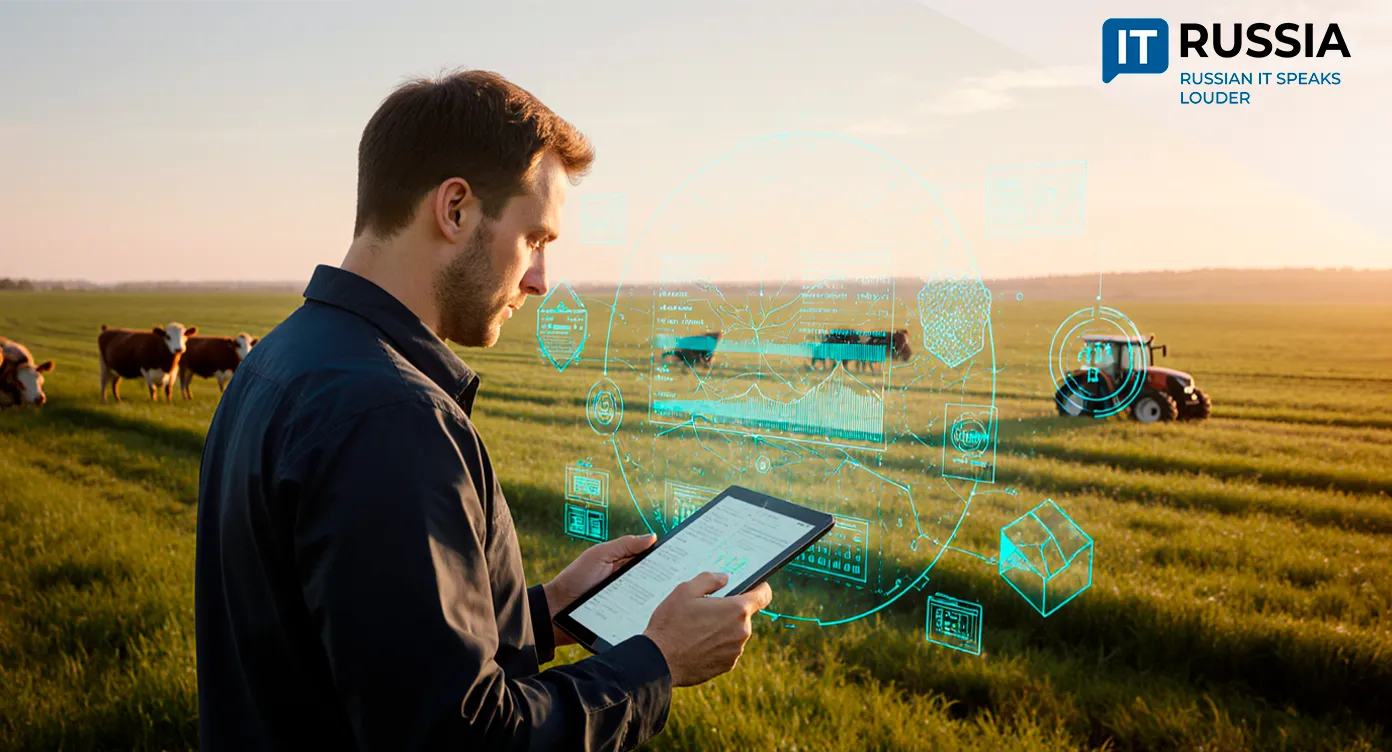
A New Stage of Digital Modernization
Digital tools are rapidly transforming Russia’s agricultural sector. AGROSILA — a major agro-industrial group uniting 24 enterprises across Tatarstan and Perm Krai — has announced the next phase of its IT transformation.
This fall, the company began modernizing livestock operations with smart systems for animal care optimization. Specialized software now enables automated data collection and analysis for each animal, including milk yield, weight, insemination, and treatment history. The system allows continuous health monitoring and individual performance tracking.
Each animal is equipped with an electronic tag that logs productivity levels and cross-references them with feeding data, helping design customized diets. Feed preparation is controlled via tablets to ensure precise nutritional balance, while Bluetooth systems automate data collection on farms.
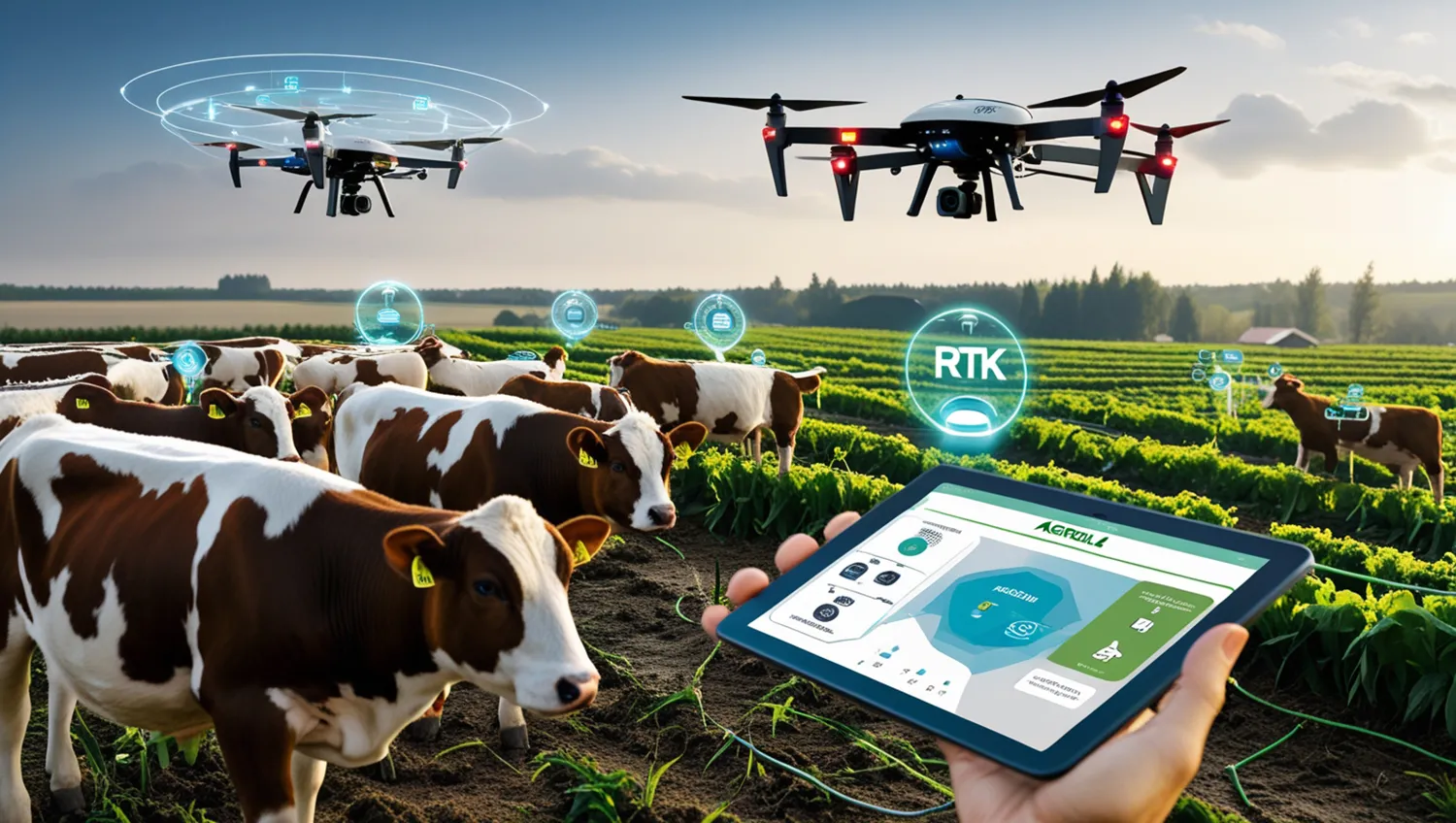
The company also plans to deploy machine-vision systems to analyze feed distribution and monitor herd behavior in real time.
The new software additionally supports planning for sales, feed and raw material procurement, and quality control. AGROSILA plans to invest 375.4 million rubles (approximately $4.5 million) in these projects over 2025–2026.
Smart Farming Technologies
The holding has built Russia’s largest private RTK (Real-Time Kinematic) network — 17 base stations ensuring positioning accuracy for farm machinery down to 2 centimeters. This infrastructure upgrade has improved the efficiency of mechanized operations and increased productivity.
By leveraging RTK technology, AGROSILA minimizes human error in fieldwork, achieving more precise seeding, even fertilizer distribution, and better pest control — all contributing to an average yield growth of 7%. At the same time, fuel, fertilizer, and seed costs have dropped by about 5%.
The Core of a Digital Ecosystem
Digital tools are also being introduced in AGROSILA’s transportation division. A KPI-based driver assessment system now tracks driving patterns, fuel consumption, and engine performance, helping evaluate efficiency and promote responsible operation. Aggregated data support long-term planning and fleet maintenance budgeting.
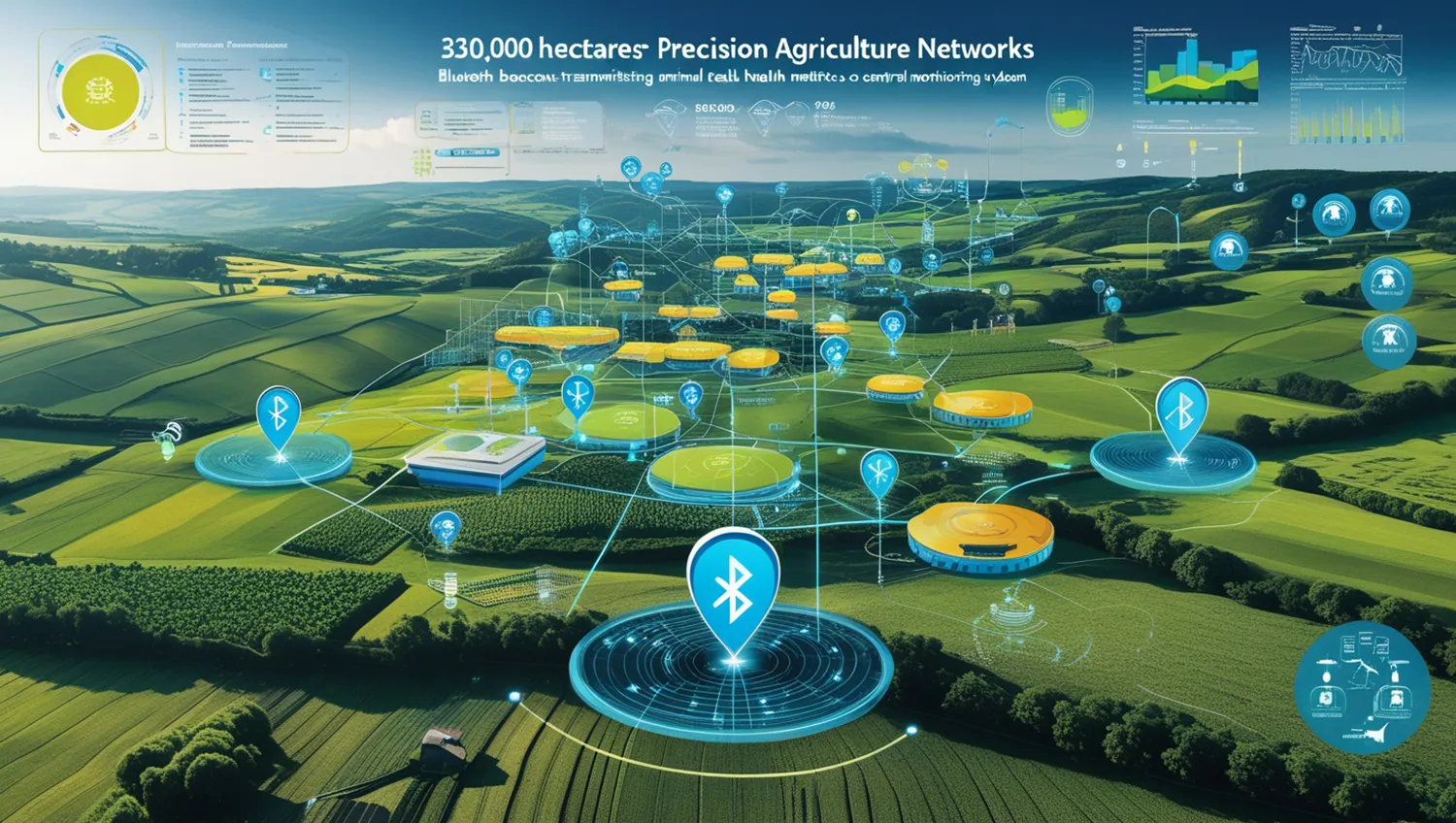
AGROSILA’s digitalization journey began in 2016. Since then, the company has created a digital land archive, introduced remote sensing for field management, implemented parallel navigation systems, and integrated sensors, equipment, and external data sources into a unified information environment supported by business analytics tools.
This large-scale digital transformation project forms a key element of AGROSILA’s corporate strategy — aimed at maximizing efficiency and profitability in the agri-food sector through smart technology adoption. The initiative aligns with Russia’s national “Digital Agriculture” project, launched in 2019 to integrate smart farming solutions across regional and municipal levels.
New Opportunities Ahead
Over the next two to three years, AGROSILA plans to extend pilot digitalization projects to all its farms. This expansion will drive higher food output, strengthen market competition, improve product quality, and lower prices for consumers.
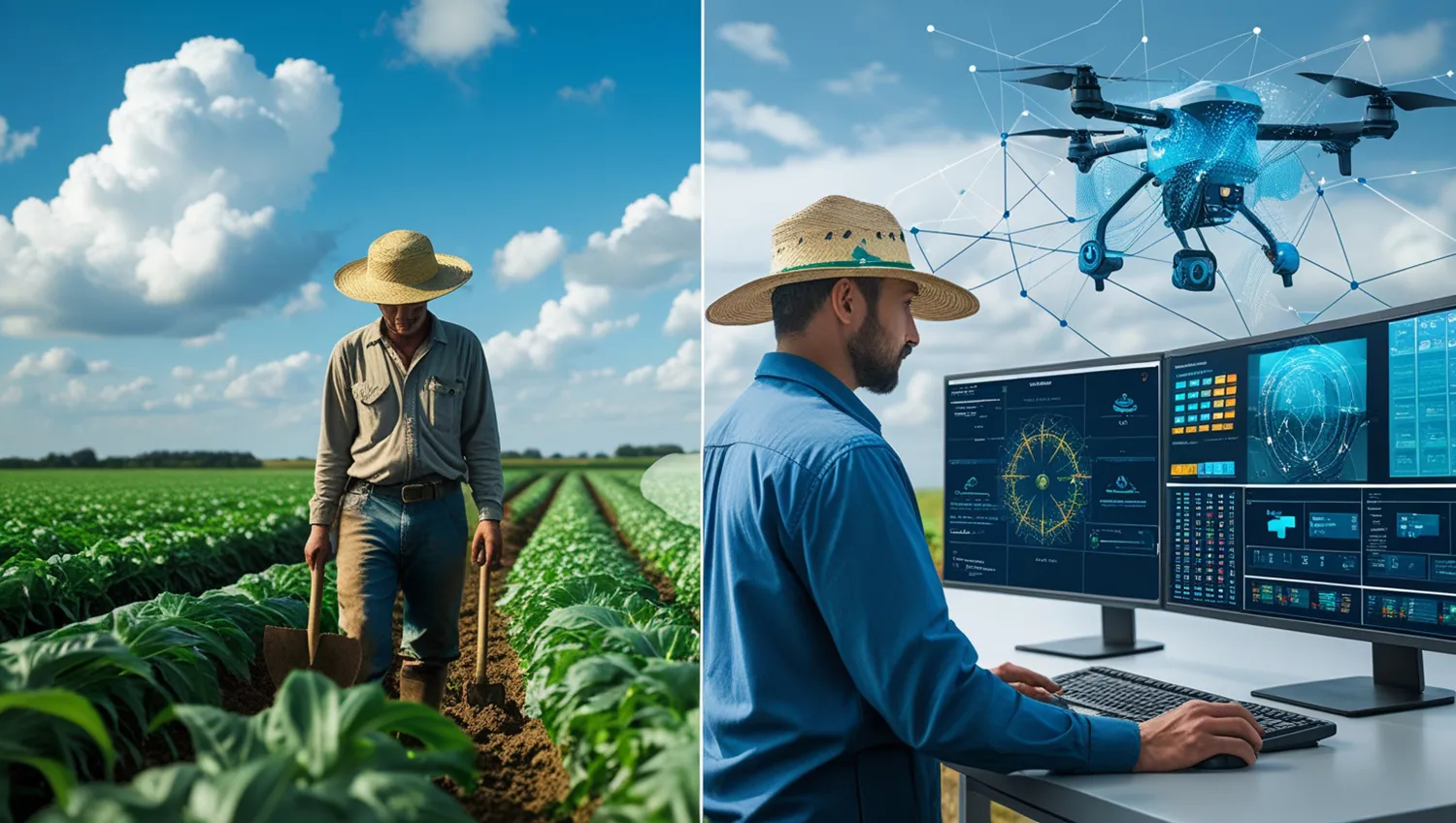
The digital transition also creates high-skilled jobs for IT and data professionals in agriculture, while encouraging innovation and local agri-tech startups. In time, these technological solutions could evolve into standalone commercial products — potentially becoming exportable tools for countries seeking to boost food security.


